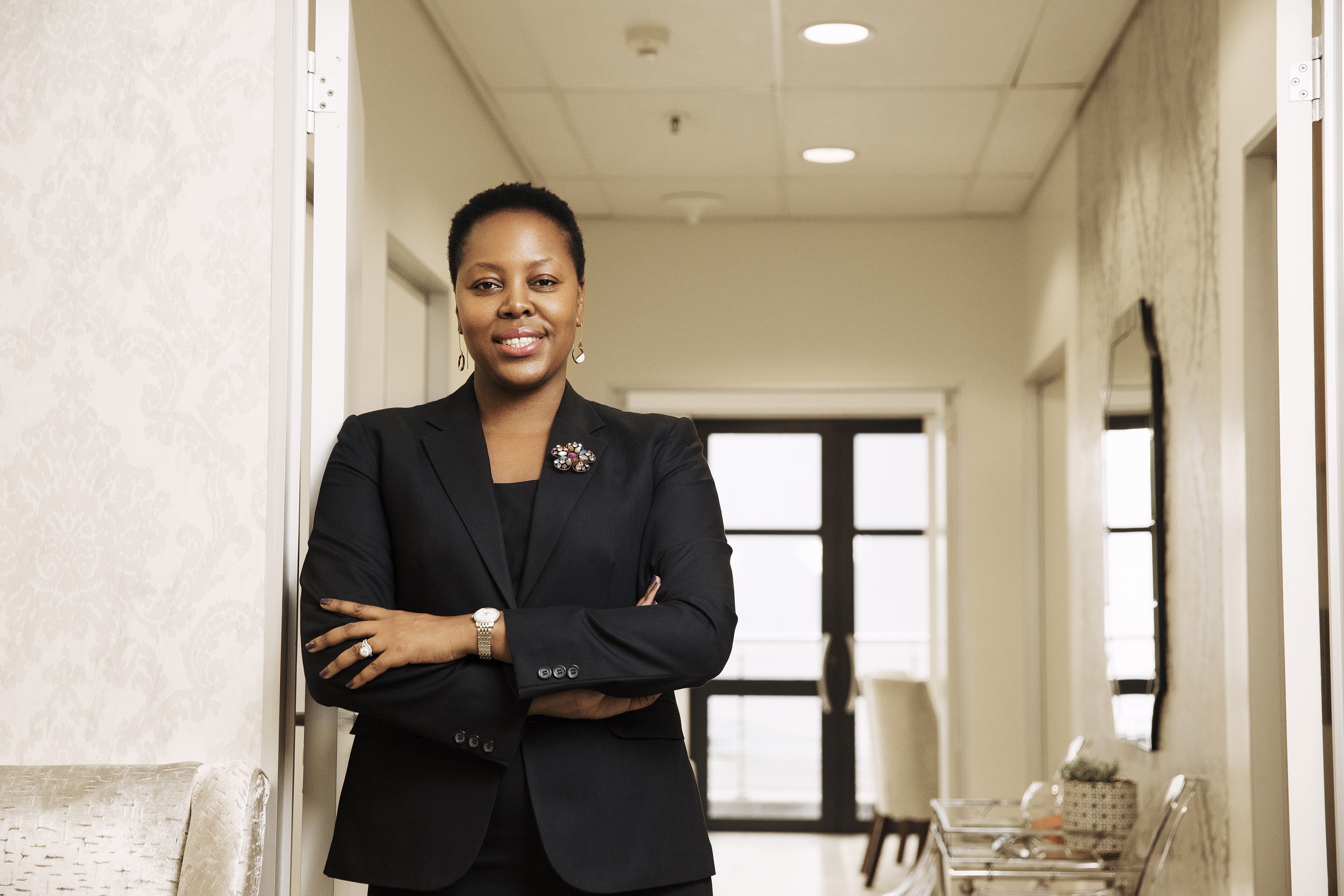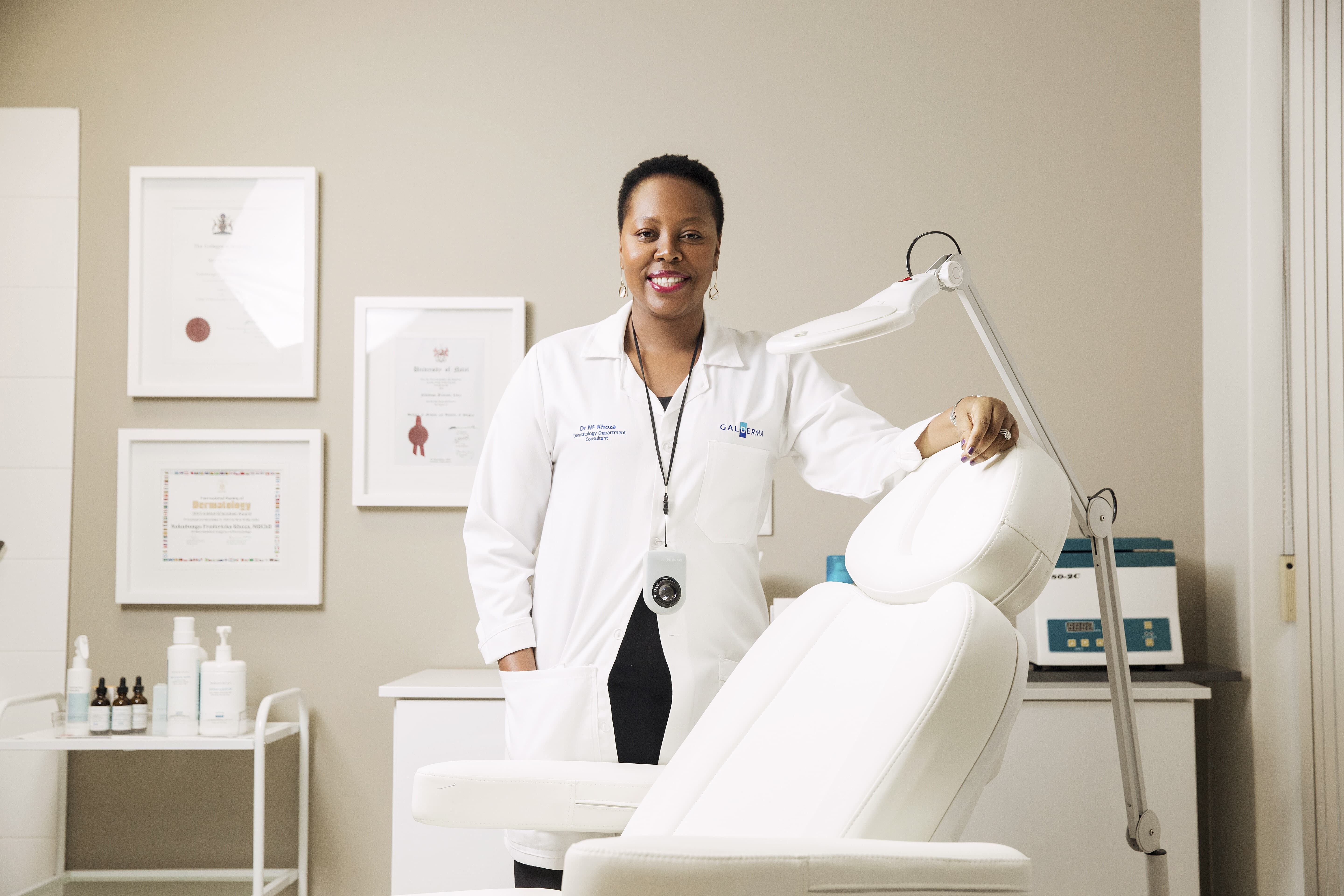1. I will have to study for at least 12 years just to be a dermatologist and continuously for the rest of my life to perfect the skin
Dermatology is the study of the anatomy, physiology, and pathology of the skin and its appendages (i.e. hair and nail). Becoming a Dermatologist can only be achieved after six years of medical school, an internship, community service and four additional years of training in a dermatology department. There are also many subspecialties within Dermatology itself that one has to perfect, like Cosmetic Dermatology, Dermatologic Surgery, Pediatric Dermatology, and Dermatopathology.
It takes more than a decade (many depressing years of having no life) to become a dermatologist. At the end though, nothing beats the satisfaction of being able to put all the signs and symptoms together and making a diagnosis.
2. My perspective of beauty will completely change
The perception of beauty is often defined by our society, culture, race and the media. The perception of beauty is psycho-social and political. Subconsciously we accept this as truth. Pale complexion/light skin and long hair are perceived as beautiful. The association between light complexion with fortune, success, and marriage is so rife in certain communities. Over the years, I have learned to appreciate that true beauty is enhancing your natural features. It is returning to the natural and maintaining it. Living with your imperfections, is in itself, the essence of beauty. Great skin tone is beautiful. Less is more when it comes to beauty.
3. I will feel pressured to have perfect skin
People judge my skin before my skill. Yes, pressure, even for a dermatologist. I have to look my very best all the time, otherwise who will trust me? What needs to be appreciated is that dermatologists also have skin problems. These range from acne to pigmentation, hair loss to eczema. We are not immune! We go through the same struggles as our dear patients, so very often when we consult with our patients and offering advice, we are talking from experience.
The difference is that we understand the physiology of the skin and we know that great skin doesn’t come easily. The key is routine, consistency, and perseverance. I generally use the same skin care products that I advise my patients to use. I try everything on myself first, or on my staff and family members if I’m scared to try it on myself! Either way, as a patient, you’re safe! Actually, I also get bad hair and skin days.
Q: How do dermatologists achieve great skin?
A: Sunscreen, Retinoids, and Antioxidants.
4. I will embrace my heritage and appreciate the advantages of my ethnicity on my skin health
Great skin comes with understanding your heritage, embracing your ethnicity, unraveling your unique skin code and understanding the language of your skin. I am an African, blessed with melanin and its benefits. It is protective against sun damage, early signs of aging, and UV- induced skin cancers. So yes, maybe “Black don’t crack” but it is certainly prone to hyperpigmentation.
I have become aware that I am at a very high risk of hyperpigmentation and other pigmentation disorders. Understanding this means I actively choose skin products that protect me from pigmentation problems.
My hair is curly and dry. It is prone to breakage, scarring alopecia and permanent hair loss. Understanding this means I choose natural or protective hairstyling. Anything that deviates from my heritage puts me at added risk of skin, nail, and hair problems. This holds true for all ethnic groups.
Hence my skincare mantra: “My skin, my colour, my hair, my heritage.” The best skin to have is the one you were born in.
5. I will be addicted to sunscreen (A dermatologist’s secret weapon)
Sunscreen benefits are endless, as will be explained in my future blogs. I apply sunscreen daily in the morning. When I feel my skin is dry, I use it as a moisturiser. I apply pigmented sunscreen in the evenings as a base (make-up) when I’m out for a night of fun. I live on sunscreen daily, every season and all year round.
6. I will be treating really sick patients
There is a misconception that dermatology is all about beauty and cosmetics. Yes, that is true to a certain extent. Cosmetic dermatology is an important part of dermatology but the bulk of dermatology is not beautiful at all. It involves management and co-management of seriously ill patients. From deep leg ulcers, vasculitis to autoimmune bullous disease, life-threatening drug reactions, and serious infections. Clinical dermatology involves the assessment and management of complex and gravely ill patients within the hospital.
7. That I would have to break bad news
I never thought I would have to deliver bad news as often as I do. Yes, skin cancer, melanoma, is a scary diagnosis and difficult for anyone to process and deal with. Skin cancers, however, if caught early have a high cure rate, although prevention is still key.
Chronic conditions like Psoriasis, Autoimmune bullous diseases and severe cases of Atopic Eczema scar the psyche and diminish patient’s quality of life more than we can imagine. The rashes and blisters flare up repeatedly, requiring frequent hospitalisation for management and control. The medications are strong with many side effects that leave the patients feeling very ill. The patients and their family members are deeply affected. Delivering the news of “not curable but controlled” and the constant reassurance and counseling are sometimes very difficult.
8. I will consult in the most unimaginable places
I have been asked to consult anywhere from shopping malls to banks, churches, boats, bathrooms and social media. My answer is simply “No”. Everyone has a skin problem, after all, the skin is the largest organ in the body. I am amazed at how unashamed people are to pull up their shirts or dresses anywhere to show me their problem. I can name so many awkward places where I have been asked to diagnose and treat, on the spot.
Known as “corridor consultation,” this is the worst form of clinical practice because the true clinical picture is distorted. Skin diseases need a thorough history, clinical examination, and investigation. More often lesions look the same but are completely different and have completely different outcomes.
9. I will have to compete with self–diagnosis
Try convincing a person that what they have is not what they thought and believed they had. Take ‘ringworm’ for example! (I will leave this here).
10. I will establish long lasting relationships
Many patients I treat I’ve either known since they were young or I see them long enough to have met their families. With many, I have seen relapses and remissions. Establishing relationships has been a key element in making my job enjoyable. Although many of my days are spent treating cosmetic and non-life threatening diseases, I have certainly changed the course of many lives through skin health. I wish I knew that as a dermatologist, I will become so fond of the people who have come my way. Some of them have greatly inspired me.
One thing is for sure, my love for dermatology has broadened my world.
Dr. Nokubonga Khoza.
Durban Skin Doctor – Helping you face the day.


